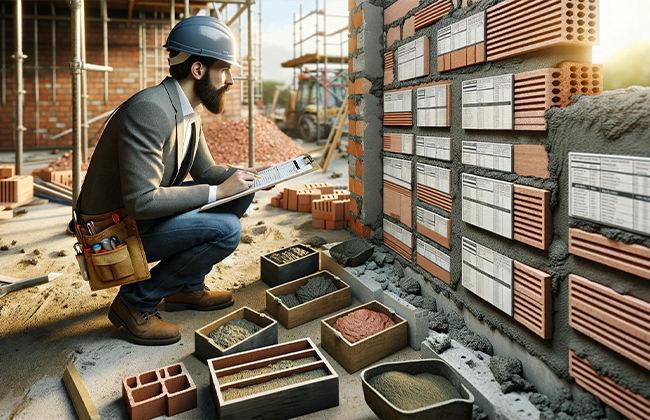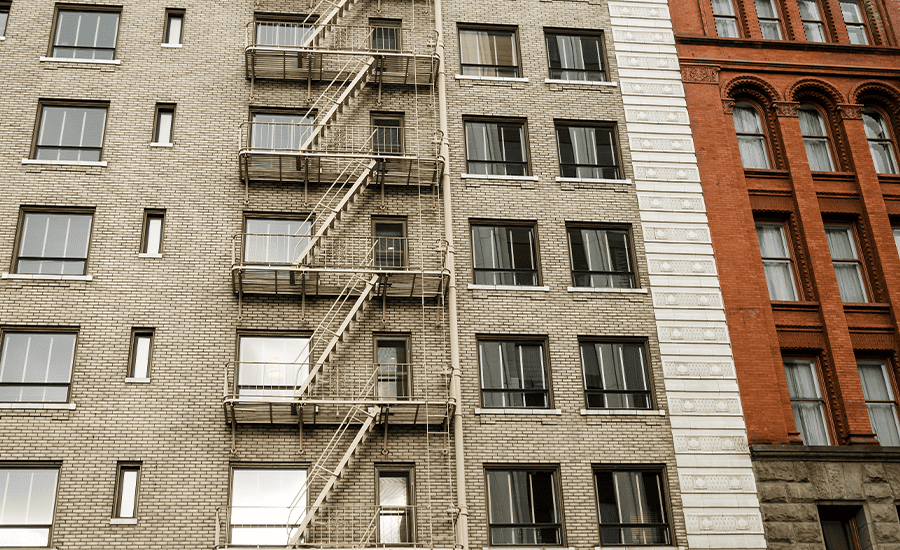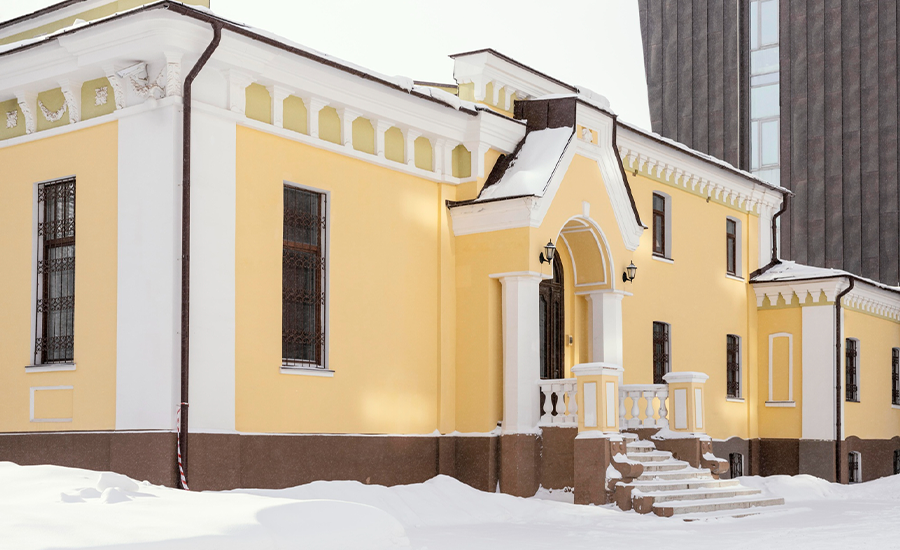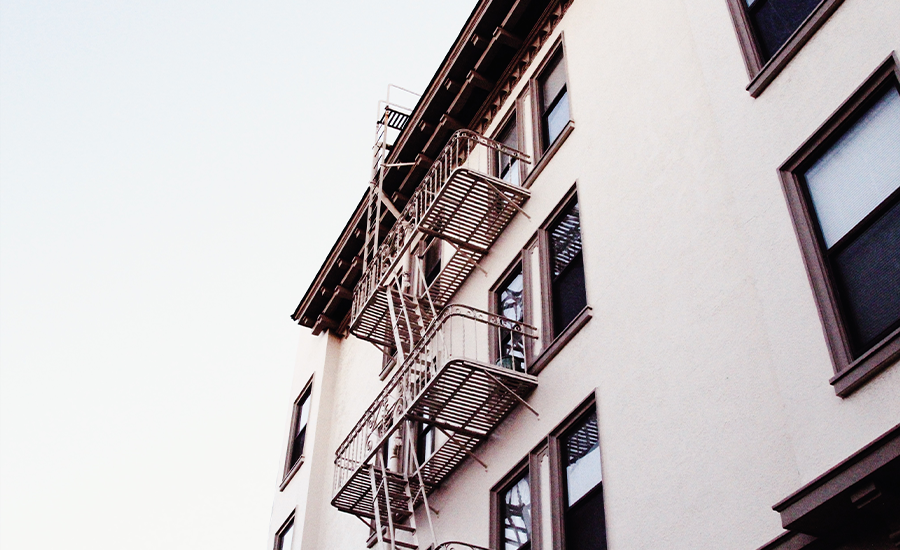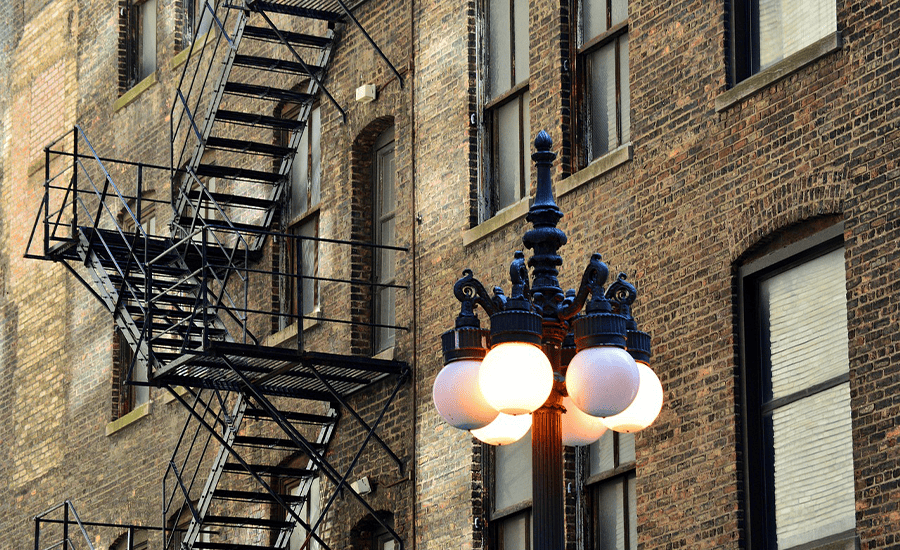Exploring the various types of brick mortar is essential for anyone involved in construction. The right type of brick mortar not only holds the structure together but also impacts its durability and resistance to environmental factors. Whether you’re building a new home or renovating an old one, understanding the types of brick mortar available can guide your choices for optimal results.
What is Brick Mortar?
Brick mortar plays an essential role not just in binding bricks together, but in ensuring the structural integrity, weather resistance, and aesthetic quality of masonry work. It is a mixture of cement, lime, sand, and water that hardens over time to create a solid bond between bricks. The right choice of mortar can significantly enhance the durability and functionality of a construction project. Selecting the appropriate type of brick mortar is crucial for the longevity and performance of masonry structures.
Types of Brick Mortar
There are several types of brick mortar, each designed for specific applications and offering different characteristics in terms of strength, flexibility, and workability. Understanding these types helps in choosing the right mortar for your construction needs.
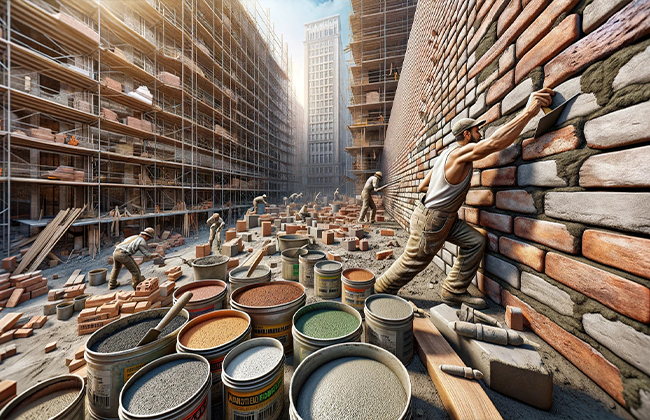
1. Type N Mortar
Applications and Benefits
Type N mortar is an excellent choice for many construction projects due to its versatility. It is specifically designed for above-ground applications where extreme structural loads are not a concern. This makes it ideal for soft stone masonry, interior walls, and other areas where significant weight and stress are not factors. Builders often prefer Type N mortar for its ease of use and reliable bonding properties, which are crucial for both new constructions and repairs.
Composition and Characteristics
Type N mortar comprises 1 part Portland cement, 1 part lime, and 6 parts sand. This balanced mix provides a good compromise between strength and flexibility, which is vital for many masonry projects. The presence of lime in the mortar not only enhances its workability and plasticity but also helps in retaining water, ensuring that the mortar cures more effectively. This blend is particularly resistant to weather conditions, making it a suitable choice for external walls that face varying environmental stresses, yet it remains flexible enough to accommodate minor shifts without cracking, ensuring the longevity of the masonry structures.
2. Type S Mortar
Applications and Benefits
Type S mortar stands out as the go-to option for structural projects demanding high strength and durability. It’s especially valuable for below-ground applications such as foundations, retaining walls, and driveways. What makes Type S mortar highly sought after is its capability to endure significant soil pressure and environmental stressors, making it a reliable choice for external structures that must withstand harsh conditions.
Builders often rely on Type S for projects where safety and structural integrity are paramount. Its robust formulation ensures that elements like basements and support walls are well-protected against the forces of nature, providing peace of mind and long-term stability.
Composition and Characteristics
Type S mortar is composed of a potent mix that includes 2 parts Portland cement, 1 part lime, and 9 parts sand. This combination enhances the mortar’s overall strength and durability, making it more resistant to soil pressure and wind uplift than other types. The inclusion of lime not only improves the adhesive qualities of the mortar but also aids in moisture retention, which is crucial for curing.
The enhanced compressive strength of Type S mortar makes it an excellent choice for heavy-duty applications. It can handle greater loads and more extreme conditions, which is why builders often select it for foundational work and other critical construction areas where failure is not an option.
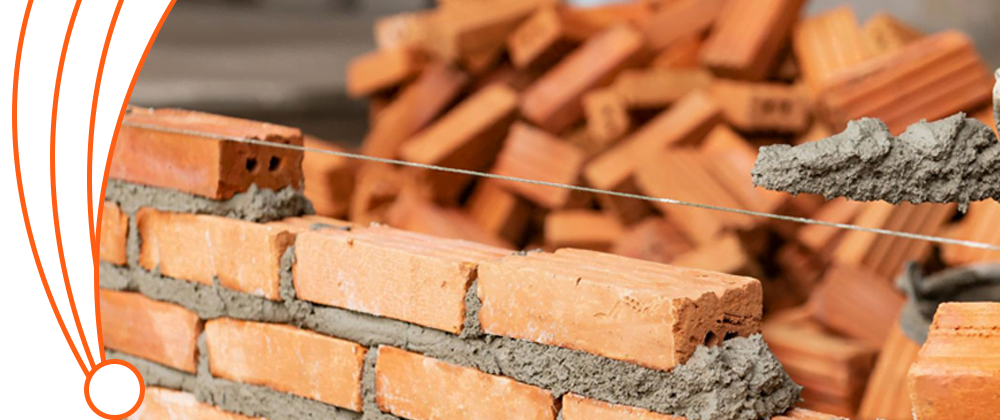
3. Type M Mortar
Applications and Benefits
Type M mortar, renowned for its exceptional strength, is the preferred choice for structural projects that bear heavy loads. Builders use it ideally in the construction of foundations, retaining walls, and heavy-duty driveways. Designed to handle the most demanding conditions, Type M mortar maintains the structural integrity of significant constructions, even under considerable stress.
Composition and Characteristics
The composition of Type M mortar includes 3 parts Portland cement, 1 part lime, and 12 parts sand. This mix results in a mortar with excellent compressive strength, capable of supporting large structures and heavy weights. However, due to its rigidity, Type M is less ideal for areas prone to cyclic freezing and thawing, as its lower flexibility could lead to cracking under fluctuating temperatures.
4. Type O Mortar
Applications and Benefits
Type O mortar is specifically formulated for use in non-load-bearing interior projects. Its relatively low strength is perfect for repointing, minor repairs, and where the structural demands are minimal. Builders often choose Type O for its ability to perform well in applications that require a gentle touch, such as the restoration of historical buildings or delicate masonry work.
Composition and Characteristics
Type O mortar’s mix consists of 1 part Portland cement, 2 parts lime, and 9 parts sand. This combination offers a low-strength but highly workable mortar that is excellent for projects requiring a fine finish without substantial structural support. The high lime content enhances the mortar’s plasticity and workability, making it easier to apply in intricate areas. It also helps preserve the integrity of older bricks and softer stones, ensuring they do not become overwhelmed by excessive rigidity.
5. Type K Mortar
Applications and Benefits
Type K mortar, the gentlest among the mortar types, is typically used in specialized applications such as historical restorations. It is the least common due to its specific use cases, primarily where the structural demands are minimal, and preserving the original aesthetic and structural integrity is crucial. This type of mortar mimics the properties of ancient mortars, making it ideal for restoration work on historical buildings where the existing masonry requires a very soft mortar to prevent damage to old, fragile stones or bricks.
Composition and Characteristics
Type K mortar consists of a mix of 1 part Portland cement, 3 parts lime, and 10 parts sand. This formulation deliberately offers minimal compressive strength. It ensures that it does not exert undue stress on the historic masonry it repairs or restores. The high lime content makes this mortar more flexible and breathable. It allows for better moisture management in older constructions, vital for the longevity of such structures. This careful balance helps maintain the authenticity of historic buildings while providing enough bonding to keep the masonry intact.
Conclusion
Understanding the different types of brick mortar helps ensure the success of any masonry project. Whether you’re working on residential or commercial buildings, the right mortar type makes a significant difference. If you’re seeking professional advice or services for your brick mortar needs, feel free to contact us at (+1) 917-355-8556.
FAQs
Q: What are the types of brick mortar used in exterior walls?
A: The types of brick mortar suitable for exterior walls are Type N and Type S. They provide durability against environmental stress and load-bearing capacity.
Q: How do I choose the right type of brick mortar for a foundation?
A: For foundations, experts recommend Type M mortar due to its high strength and resistance to underground stresses. This ensures the long-term stability of the structure.
Q: Can I use Type K brick mortar for new constructions?
A: Primarily, builders use Type K brick mortar for historical restorations. Its soft composition may not suit the high-strength demands of new constructions.
Q: What type of brick mortar is best for interior projects?
A: Type O brick mortar is ideal for interior projects requiring minimal structural strength. Examples include repointing or minor repairs. Its flexibility and lower strength make it suitable for these applications.
Q: Are there environmentally friendly options among different brick mortars?
A: Yes, certain brick mortars can be adjusted to reduce environmental impact. Opting for a mortar that includes natural or recycled materials can significantly improve the sustainability of your construction projects.


